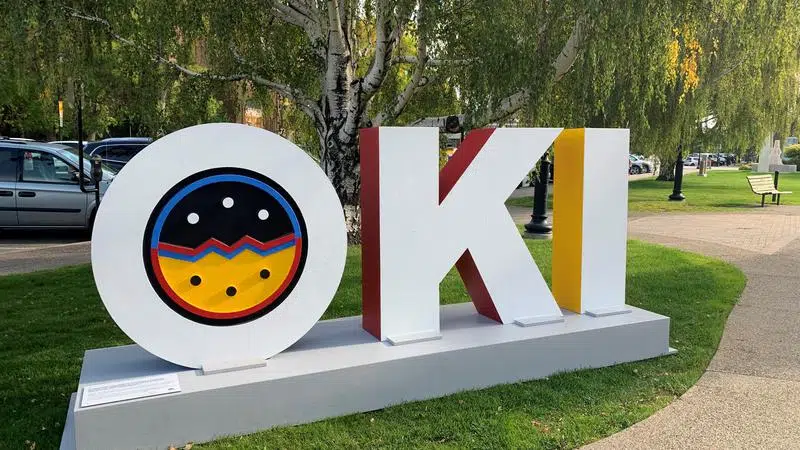
Blackfoot word “Oki” adopted as official City of Lethbridge greeting
LETHBRIDGE, AB – On the second day of Reconciliation Week festivities, Lethbridge City Council voted to incorporate the area’s Indigenous lineage into its official lingo.
Oki, pronounced OH-KEE, is the Blackfoot word for “greetings” or “welcome”.
Mayor Chris Spearman explains that Oki was chosen because it is a simple word that anyone can say, has positive connotations, and invites people to talk to each other and build connections.
Above all else, the mayor was very pleased with the level of support this motion received.


